Harnessing Blockchain Technology in the Wine Industry: A New Era of Transparency and Authenticity
The wine industry has long faced challenges related to traceability, authenticity, and the overall supply chain. Counterfeit wines, a lack of transparency, and the complexities of wine distribution can diminish consumer trust and compromise the perceived quality of wines. Blockchain technology, with its decentralized and secure nature, offers a powerful solution to these issues. In this article, we will explore how blockchain technology is revolutionizing the wine industry and discuss the benefits it brings to producers, consumers, and investors alike.
Enhanced Traceability
One of the most significant advantages of blockchain technology in the wine industry is its ability to provide detailed and secure traceability throughout the entire supply chain. By recording every step of a wine’s journey on a decentralized ledger, blockchain enables stakeholders to track crucial information about the wine’s origin, vineyard location, grape variety, winemaking techniques, and even the specific barrels used for aging. This increased traceability allows wineries to demonstrate their commitment to quality and sustainability, while also providing consumers with greater confidence in their wine purchases.
Combating Counterfeit Wines
The global wine market has long been plagued by counterfeit wines, especially in the luxury segment. Blockchain technology offers a robust solution to this issue by securely recording and verifying the authenticity of each bottle. By scanning a QR code or NFC tag on a wine bottle, consumers can access the wine’s blockchain records, confirming its origin and ensuring that they are purchasing a genuine product. This secure verification system can help protect the reputation of wineries, deter counterfeiters, and ultimately enhance consumer trust in the wine market.
Efficient Supply Chain Management
Blockchain technology can streamline the wine industry’s complex supply chain by providing real-time information about wine shipments, storage conditions, and inventory management. With this data, wineries, distributors, and retailers can optimize their operations, reduce waste, and respond quickly to fluctuations in demand. Furthermore, smart contracts – self-executing contracts with the terms of the agreement directly written into code – can automate various aspects of the supply chain, such as payments and compliance checks, further increasing efficiency and reducing the potential for human error.
Wine Investment and Ownership
Blockchain technology has paved the way for innovative wine investment platforms, allowing users to buy, sell, and trade wine as a digital asset. These platforms often use blockchain-based tokens to represent fractional ownership of a bottle or case of wine, enabling investors to diversify their portfolios and participate in the fine wine market without the need for physical storage and transportation. Additionally, blockchain’s secure and transparent nature ensures that investors have accurate and up-to-date information about their wine holdings, making the investment process more reliable and trustworthy.
Consumer Engagement and Personalization
Blockchain technology can also enhance the consumer experience by offering personalized wine recommendations, interactive wine labels, and exclusive rewards for loyal customers. By securely storing and analyzing consumer preferences and purchase history, wineries can use blockchain-powered platforms to provide tailored suggestions and targeted promotions, fostering deeper connections with their audience and encouraging brand loyalty.
Blockchain technology is ushering in a new era of transparency, authenticity, and efficiency in the wine industry. Its potential to enhance traceability, combat counterfeits, optimize the supply chain, and facilitate innovative investment opportunities makes it an invaluable tool for wineries, consumers, and investors. As the wine industry continues to evolve, embracing technological advancements like blockchain will be crucial in ensuring a sustainable and successful future.
Wine Sections
Some of my most memorable wines
2021 Pouilly-Fuissé by Olivier Merlin, Burgundy

£359.40 – 12 bottles
2021 Provence Rosé by Château la Mascaronne

£75.42 – 6 bottles
1995 Château Latour, Pauillac, Bordeaux

£6,100.00 – 1 case
2017 Chateau Lafite Rothschild Premier Cru Classe

£3,310 – 3 bottles
2003 Hobbs of Barossa Ranges, Gregor Shiraz, Barossa Valley



